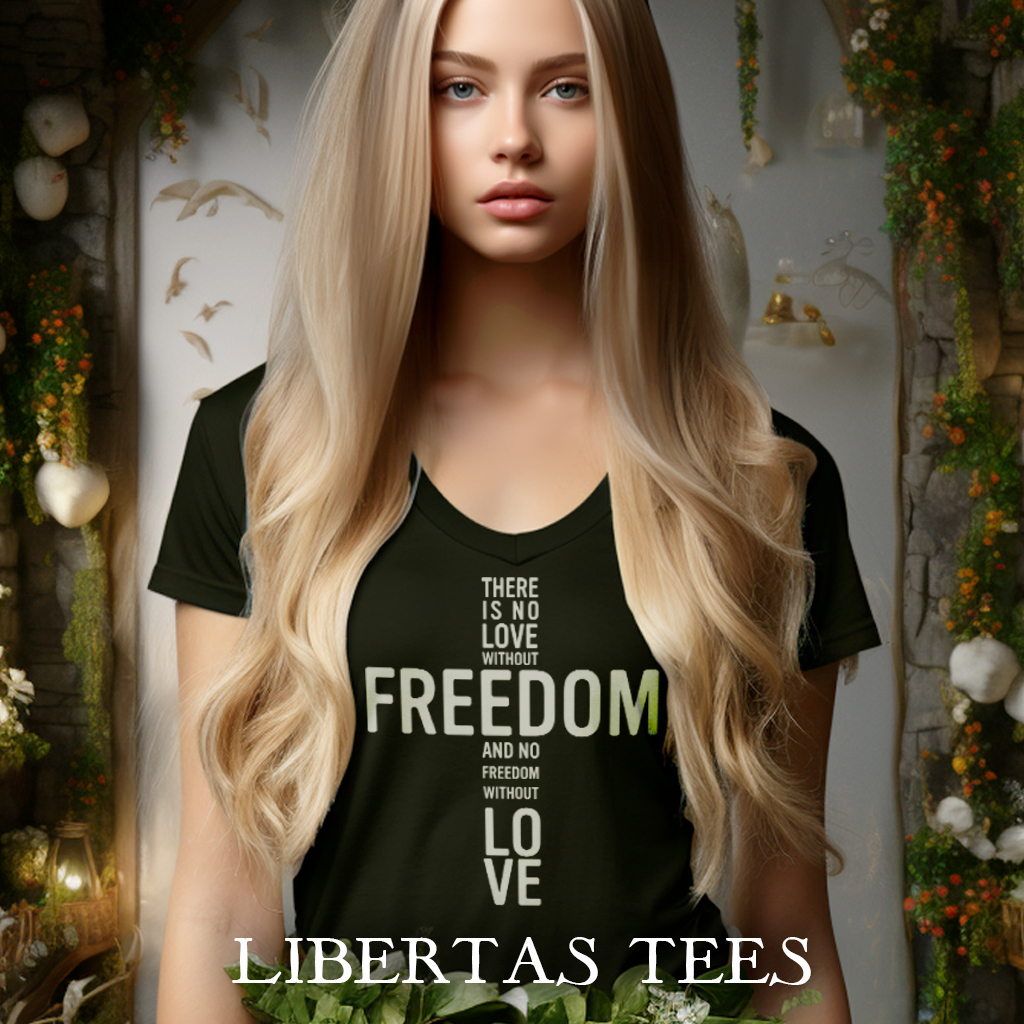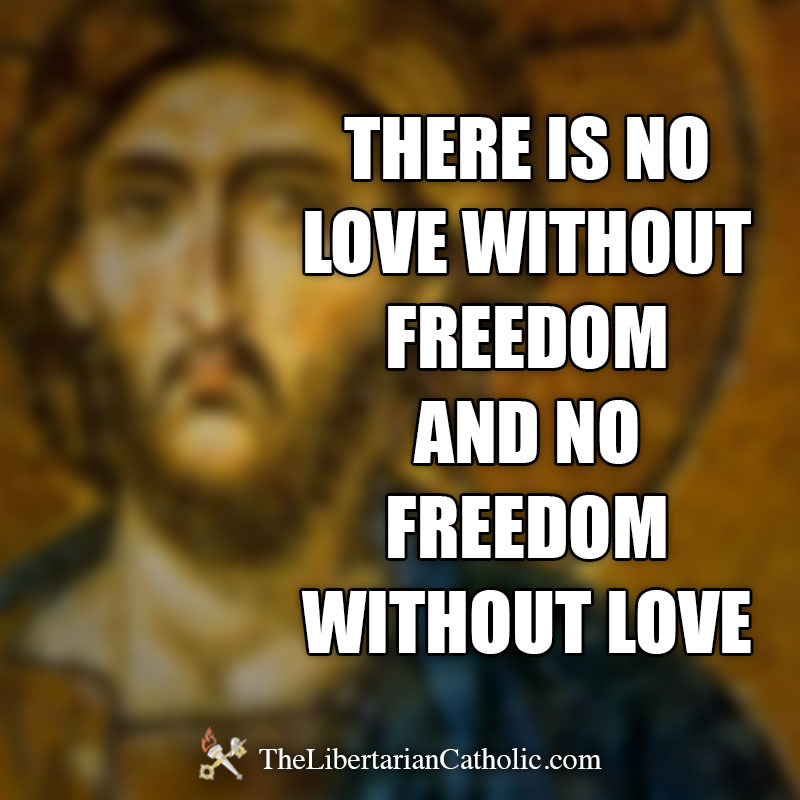Love and freedom are intertwined in a delicate dance, two concepts that rely on one another for their true expression and fulfillment. It can be said that there is no love without freedom and no freedom without love. This article explores the profound connection between these fundamental human experiences and delves into how they enrich and empower each other in various aspects of our lives.
Love and Freedom: A Symbiotic Relationship
Love and freedom share a symbiotic relationship, mutually reinforcing and enhancing one another. Love, at its core, necessitates freedom—the freedom to choose, to express oneself authentically, and to nurture deep connections with others. Conversely, freedom finds its truest expression when it is guided by love—a love that values and respects the autonomy and dignity of every individual.

Love without Freedom
Love devoid of freedom is stifled, constrained, and incomplete. Genuine love requires the freedom to choose, to wholeheartedly engage, and to express oneself authentically. It flourishes in an environment where individuals are free to offer their love without coercion or undue influence. The absence of freedom hinders the growth and blossoming of love, leading to strained relationships, resentment, and unfulfilled connections.
Almighty God knew this of course. That is precisely why He gave us free will.
Gil Baille explains in his book God’s Gamble that it was a risk when God gave us the freedom to “rebel against the very order that is indispensable to the exercise of freedom,” but that freedom was necessary for us to be made in the image and likeness of God.
Not only is freedom indispensable to the creature whose unique vocation is love, but only a creature thus endowed with freedom has the capacity to seek out and to recognize truth, goodness, and beauty (mysteries to which non-human creatures are oblivious) and to say “Yes” to the God who has left these traces of divinity in our midst and inscribed a hunger for them on our hearts.
Freedom without Love
On the other hand, freedom without love can become shallow, self-centered, and disconnected. True freedom is not just about individual autonomy; it encompasses the freedom to care, to empathize, and to form meaningful connections with others. It is love that infuses freedom with purpose, guiding it towards a deeper understanding of human flourishing and the well-being of society as a whole. As Alexis de Tocqueville wrote in Democracy in America, “Liberty cannot be established without morality, nor morality without faith.”
While St. Paul wrote, “It was for freedom that Christ set us free,” that freedom must be directed toward the good of humanity. As Lord Acton said, “Freedom consists not in doing what we like but in having the right to do what we ought.”
Conclusion
The interplay between love and freedom is a dynamic and essential aspect of the human experience. They are not opposing forces but rather symbiotic companions, enriching and empowering one another. Love requires freedom and freedom finds its purpose and meaning in the context of love. Recognizing and nurturing the inseparable bond between love and freedom allows for the development of healthy and harmonious world.
 The Libertarian Catholic
The Libertarian Catholic
















